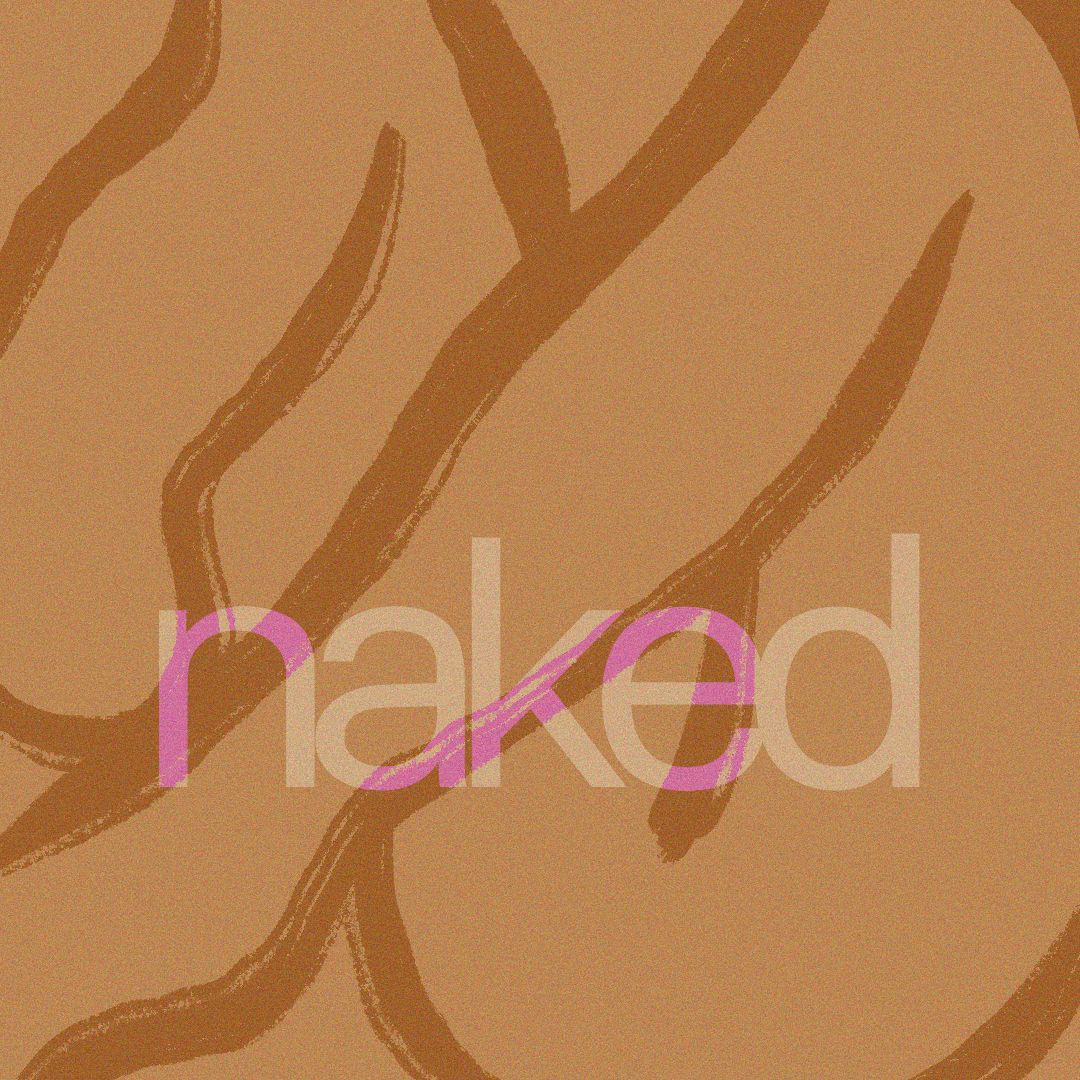Words: Fleur Kas (She/Her)
Content Warning: sexual harassment and abuse
When we consider those deemed “creatives” within the music industry, we call to mind those we directly hear: singers, musicians, supporting vocalists. So why is it that we overlook the work of those who manage creative practice, who quietly keep the fundamentals of the industry together? ‘The first question people ask me when I tell them I work in music is if I’m an artist. I think challenging that is important, that’s what we’re trying to do,’ Eilidh Gauld (she/her), co-founder of Women in Music Business: Scotland (WIMBS) and events manager at Saint Lukes tells me. Alongside her friend Daria Jaszcz (she/her), the pair recently set up WIMBS in order to create a community for women and female-identifying individuals working behind the scenes within the male-dominated music industry. Eilidh recalls going to an event with Daria hosted by ticketing platform Skiddle and noticing just how few women were in the room. That event was the final straw for them, and it was there that they realised the urgent need for their organisation.
WIMBS emerged this January, coincidentally alongside the release of a concerning report by the UK Parliament’s Women and Equalities Committee about misogyny in the music industry. It reveals it is an ‘endemic’ issue that has been tolerated by a ‘culture of silence’. Not only is there a lack of support and unequal pay in the industry, but sexual harassment and abuse are often unreported out of fear of women losing their jobs, particularly for women already facing racial discrimination. In an industry that revolves around the voice, the voices off-stage need to be heard more than ever.
With misogyny comes silence, and with silence comes loneliness – can we break this chain? One of Eilidh and Daria’s key aims is to ‘tackle loneliness,’ challenging the general discourse about the music industry being social and dynamic. Although Eilidh acknowledges the privileges she has enjoyed throughout her career, this doesn’t exclude her from experiencing feelings of loneliness: ‘I’m very lucky and I love my job, but at the same time there are very few people who do my job or similar roles, especially people like me. You work so much and you’re always working to the point where it can become quite isolating. I’ve spoken to other girls who also really feel that way.’ But it’s not just the long hours and lack of representation that breed a sense of isolation. She emphasises, ‘There’s always some kind of fight: you always have to argue for what you want to do, to make yourself heard.’ It’s time that making our voices heard as women is a freedom, rather than a fight.
Above all, Eilidh recounts that she felt quite lonely not knowing who to connect with, which is why she finds it crucial to create a safe space exclusively for other women and female-identifying individuals. ‘In Scotland, there’s not a very big pull for women in these roles, so having a network together is very important. It’s primarily about misogyny, but there’s a lot more to it. I’ve been supported by so many men as well. We’re not beating anybody down; we’re just trying to bring people up and make it fairer, because right now most of the people in the top positions are all very very similar. You can probably guess what that person looks like,’ she laughs.
Luckily, there are experienced women at the top of the game who will run the board of WIMBS, pushing the organisation’s growth. That being said, there is by no means an oppressive hierarchy in place. Rather, Eilidh and Daria encourage a democratic dialogue, as was evident with the questionnaire they shared during WIMBS’ first meeting to identify the needs of their fellow colleagues and community. ‘Although this project is intended for women who are already in the industry, we hope to show people joining it that there are groups they can be part of, to help them take the next step in their career,’ Eilidh clarifies. This kind of targeted work is thus not only necessary but inspiring for everyone involved in Glasgow’s music scene.
‘In Scotland, Glasgow is the best city for music and I think we have a really good music culture,’ Eilidh expresses. We need platforms like WIMBS, to ensure those on the margins can identify with this claim. As of now, their meetings are taking place in Saint Lukes, but Eilidh and Daria are keen to use spaces such as the Glasgow Women’s Library and host residential weekends. Eventually, they’d like to grow on a national level and engage with EU countries too. Along with this local initiative, if the national initiative of the Creative Industries Independent Standards Authority as called for in the Women and Equalities Committee report is established, the UK is on track to enjoy a flourishing, feminist music industry. ‘The more we speak and the more open we are, the better it is for everybody.’
WIMBS: https://www.instagram.com/wimbscot/
Women and Equalities Committee report: https://publications.parliament.uk/pa/cm5804/cmselect/cmwomeq/129/report.html

